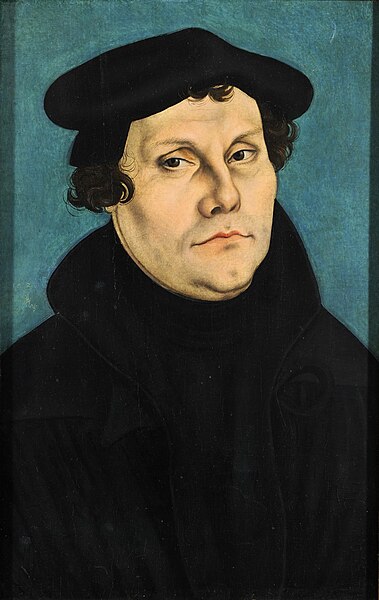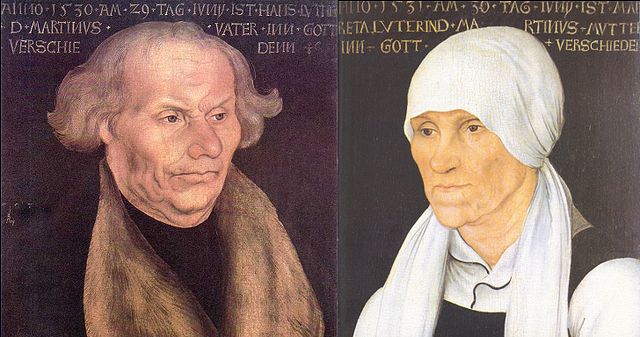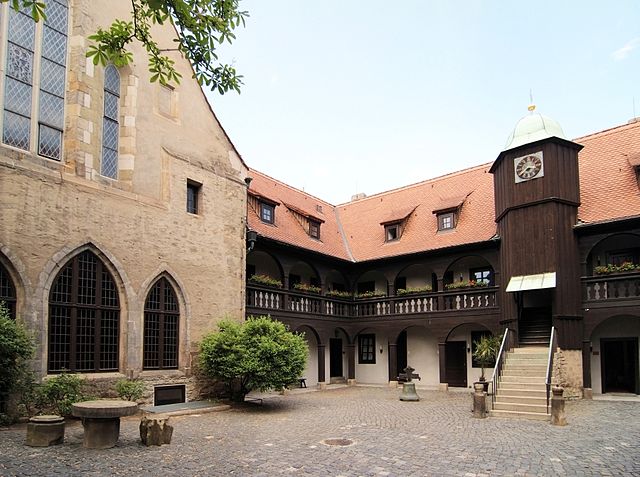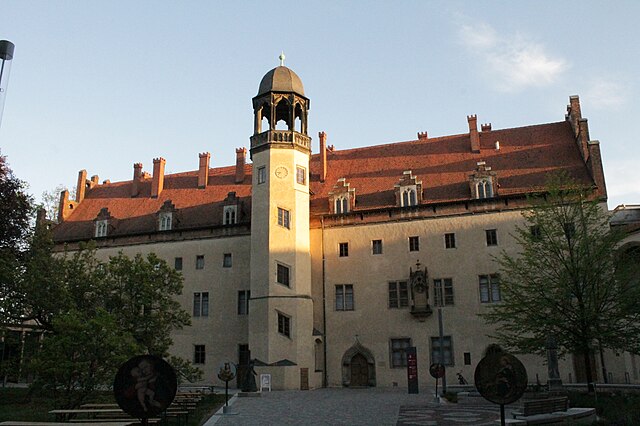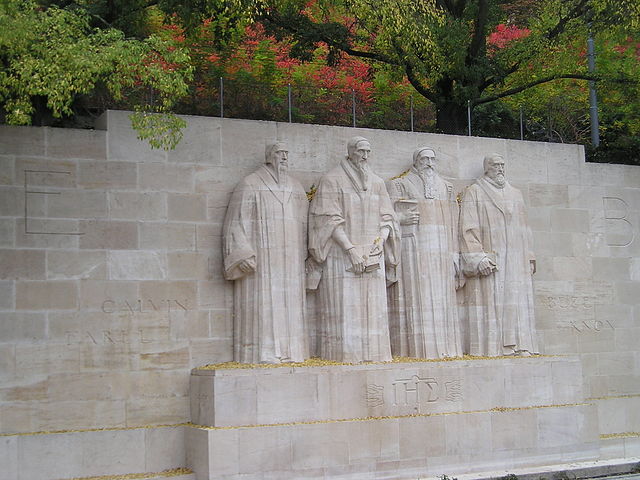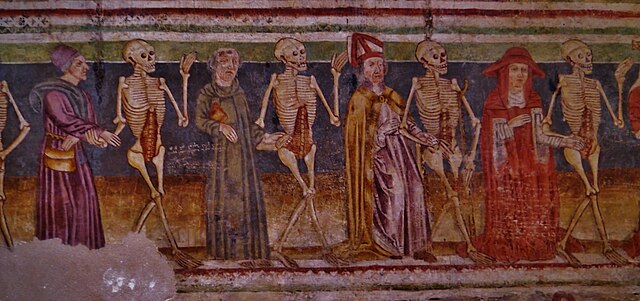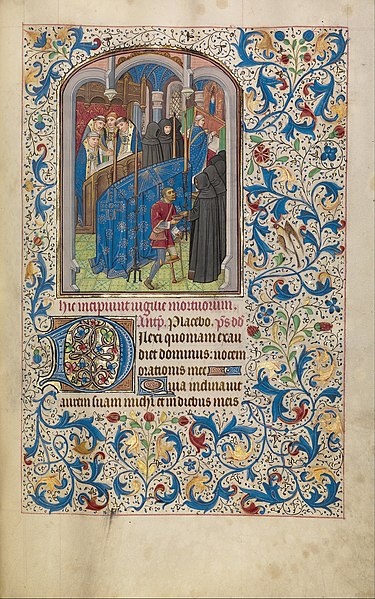Martin Luther was a German priest, theologian, author, hymnwriter, professor, and Augustinian friar. Luther was the seminal figure of the Protestant Reformation, and his theological beliefs form the basis of Lutheranism. He is regarded as one of the most influential figures in Western and Christian history.
Martin Luther, 1529
Portraits of Luther's parents, Hans and Margarethe Luther, by Lucas Cranach the Elder in 1527
In July 1505, Luther entered St. Augustine's Monastery in Erfurt
Luther's residence at the University of Wittenberg, where he began teaching theology in 1508
The Reformation, also known as the Protestant Reformation and the European Reformation, was a major theological movement in Western Christianity in 16th-century Europe that posed a religious and political challenge to the papacy and the authority of the Catholic Church. Following the start of the Renaissance, the Reformation marked the beginning of Protestantism.
The International Monument to the Reformation, a statue erected in Geneva in 1909 depicting William Farel, John Calvin, Theodore Beza, and John Knox, four leaders of the Reformed tradition of Protestantism
Detail of the danse macabre (1490) by John of Kastav in the Holy Trinity Church, Hrastovlje, Slovenia
Funeral Mass with priest, choristers, bearers or mourners, and begger receiving alms (c. 1460–80)
Meeting of cardinals, bishops and theologians with Antipope John XXIII (r. 1410–1415) at the Council of Constance (from the Chronicle of the Council of Constance by Ulrich of Richenthal)

